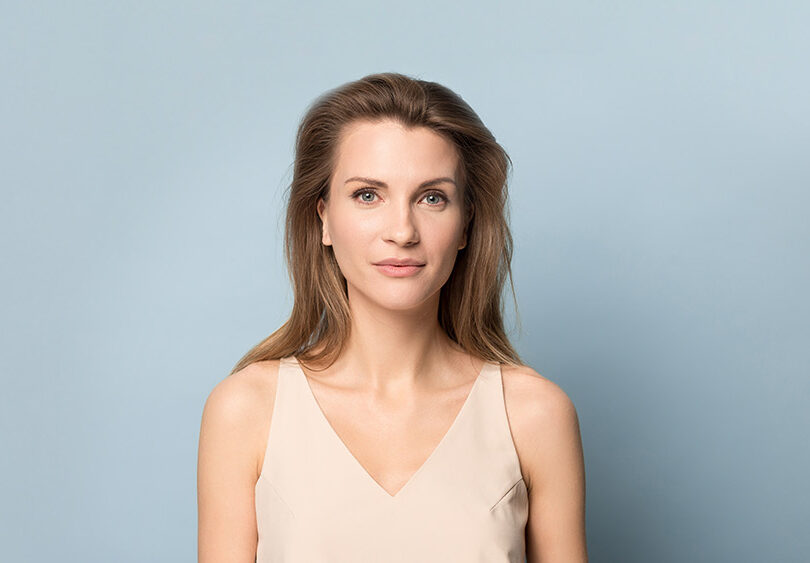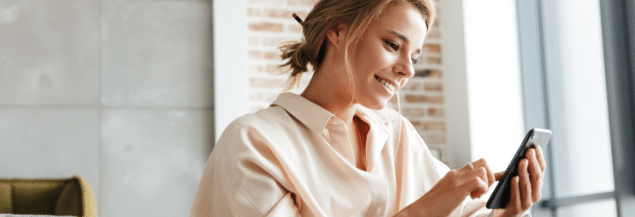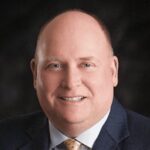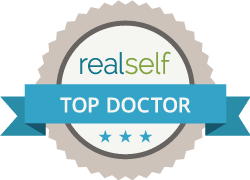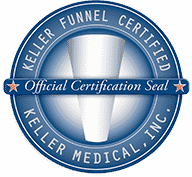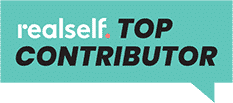Facial Laser Resurfacing in Portland, OR
What is facial laser resurfacing?
Facial laser resurfacing uses beams of light to remove damaged skin one layer at a time. The laser removes the outermost layer of the skin, called the epidermis, while heating the underlying skin, stimulating collagen production in essential facial tissues, resulting in firmer, smoother skin. Facial laser resurfacing can treat an array of cosmetic flaws, including fine lines or wrinkles, scars, sun damage, liver spots, birthmarks, and large pores.
Am I a good candidate for facial laser resurfacing?
Ideal candidates for facial laser resurfacing are healthy individuals who are dissatisfied with the appearance of their facial skin. Those who have active acne, very dark skin, excessive sagging skin, or deep wrinkles may not be the best candidates for this treatment. Individuals with darker skin tones may risk the occurrence of hyperpigmentation during healing. A consultation with Dr. Bohley will help to determine if you can benefit from this procedure.
Facial Laser Resurfacing FAQs
How long does it take to recover from laser skin resurfacing?
How long does facial laser resurfacing last?
How much does laser resurfacing of the face cost?
Is laser resurfacing worth it?
Which is better chemical peel or laser resurfacing?
Is skin resurfacing permanent?
Does laser skin resurfacing hurt?
How often should you get laser resurfacing?
Is laser resurfacing safe for face?
Does laser resurfacing remove wrinkles?
What is the recovery time?
Following a facial laser resurfacing treatment, patients may experience redness and swelling, similar to a sunburn. Once the treated areas have healed, makeup may be used to cover any redness. Patients should avoid the sun, as the skin will be sensitive to the sun’s rays. In most cases, recovery time takes about one to two weeks.
What will be my results from facial laser resurfacing?
Following your facial laser resurfacing treatment, you should continue to see a difference in your skin for up to a year. Facial laser resurfacing is an excellent option for patients who wish to achieve a younger, healthier-looking complexion. If you are located in the Portland, Oregon or Vancouver, Washington areas and are interested in this procedure, please contact our office today!
Dr. Michael Bohley is a double board-certified plastic surgeon recognized as one of Portland’s leading experts in body, breast, and facial cosmetic procedures. With years of advanced training and a distinguished surgical career, he combines refined aesthetic judgment with meticulous technique to deliver consistently exceptional results. Renowned for his skill in tummy tucks, liposuction, breast augmentation, and mommy makeovers, Dr. Bohley develops highly individualized treatment plans to meet each patient’s unique goals. His dedication to patient education, safety, and precision has earned him membership in numerous prestigious professional organizations and the trust of patients throughout the greater Portland area.
